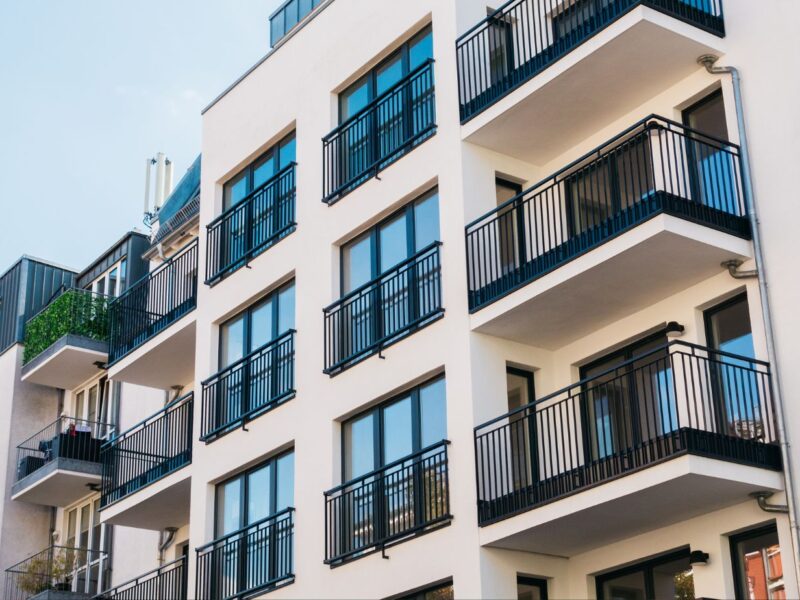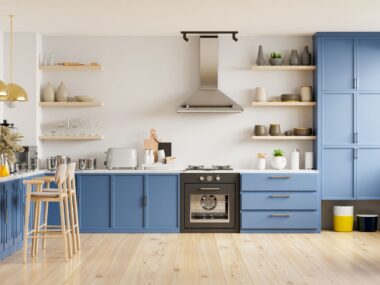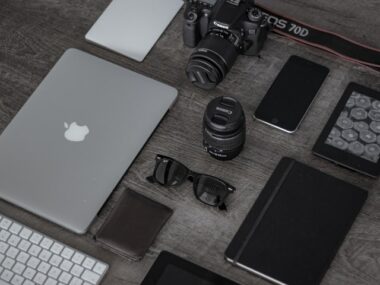Finding the perfect apartment can be both exciting and overwhelming, as it involves numerous factors that impact your day-to-day life. Whether you are a first-time renter or a seasoned tenant, making the right choice requires careful consideration of several aspects. Below are some crucial factors to keep in mind when choosing an apartment.
Location
Location is often the first factor people consider, and for a good reason. Your apartment’s location will determine your commute, access to services, and overall convenience. When choosing an area, think about your daily routine. Is the apartment close to your work or school? Are there grocery stores, parks, restaurants, or gyms nearby? Also, assess the neighborhood’s safety. Crime rates, lighting, and general vibe are all important to ensure your peace of mind.
Budget
Before committing to any apartment, establish a clear budget. Don’t just consider the rent—factor in additional expenses like utilities, parking, pet fees, or maintenance costs. It’s also a good idea to ask about the cost of amenities like laundry services or the internet. Some places might have hidden costs or surprise increases in rent, so check the lease terms closely. You want to ensure the apartment fits within your financial comfort zone while leaving room for other living expenses.
Size and Layout
An apartment might seem perfect at first glance, but you need to ask yourself if the size fits your lifestyle. Consider how much space you need for furniture, storage, and everyday living. Are the rooms well-proportioned? Does the layout make efficient use of the space? Think about the long-term functionality of the apartment, especially if you’re working from home or have hobbies that require additional room.
Amenities and Facilities
Many apartment complexes offer amenities like gyms, swimming pools, and community spaces. While these are attractive features, be sure you will actually use them. Some amenities can justify a higher rent, but if they aren’t essential to you, it may not be worth the extra cost. When considering ways to enhance relaxation and wellness in your new apartment, exploring luxury saunas for sale can be a worthwhile addition to your living space.

Also, check the condition of facilities such as elevators, laundry rooms, or parking spaces. High-quality maintenance services can make or break your living experience.
Lease Length and Terms
Before signing any paperwork, it’s crucial to understand the terms of the lease. This brings us to an important distinction: what’s the difference between a lease and a rental agreement?
A lease typically lasts for a fixed period, often 12 months, and locks in the rental rate during that time. It provides stability for both tenants and landlords. On the other hand, a rental agreement is usually a month-to-month contract, giving both parties more flexibility. However, rental rates in a month-to-month setup may fluctuate more frequently, and either party can usually end the agreement with proper notice. Understanding this distinction can help you choose the best option based on your lifestyle and future plans.
Condition of the Apartment
Take a close look at the apartment’s current condition. Are there signs of wear and tear that haven’t been addressed? Check for functional appliances, clean walls, and operational windows and doors. It’s also a good idea to look at the condition of the entire building, including the hallways, stairs, and elevators, to get a sense of how well the property is maintained.
Pet Policy
For those with pets, the pet policy is another key consideration. Some apartments allow pets but may charge additional fees or deposits, while others have restrictions on the type or size of pets. Ensure the apartment is pet-friendly, and don’t forget to inquire about nearby pet-friendly parks or walking areas if that’s important to you.
Noise Levels
Noise levels can drastically affect your comfort in an apartment. Visit the apartment during different times of the day to gauge how noisy the surroundings are. If it’s located near busy streets, train tracks, or airports, the noise could be a constant issue. Additionally, check how well-insulated the apartment is. Thin walls can lead to disturbances from neighbors, which could impact your overall living experience.
Security Features
Safety should be a top priority. Look for secure entry systems, well-lit parking lots, and reliable locks on doors and windows.

Many apartments offer additional safety features such as security cameras or patrol services. If you’re particularly concerned about security, this can be a deciding factor when choosing a location.
Future Plans
Lastly, consider your future plans. Are you planning to stay in the area for a long time, or are you just passing through for a year or two? Your long-term goals will influence whether a short-term rental agreement or a longer lease is the right choice for you. If you foresee changes in your work or personal life, opting for flexibility in your housing may be a better fit.
Conclusion
Choosing an apartment is a significant decision that requires careful thought and planning. By considering factors such as location, budget, amenities, and safety, you can find an apartment that suits your needs and lifestyle. Take your time during the search, and don’t hesitate to ask questions or request further information before making your final decision. After all, your apartment is more than just a place to live—it’s your home.






